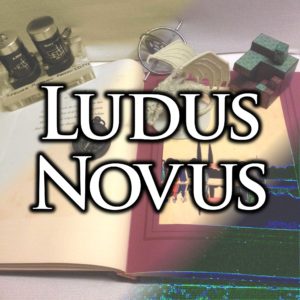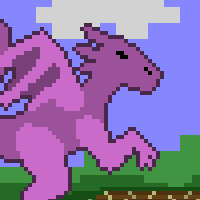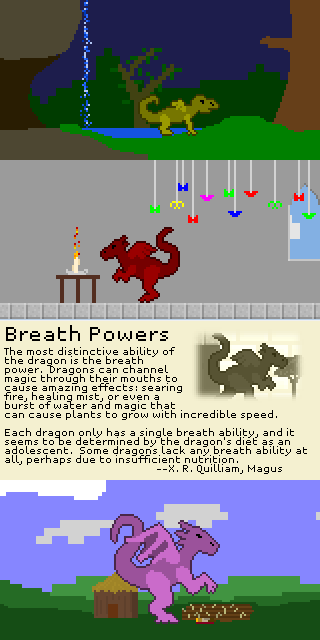This week I had one of those great GM moments. In my Promethean game, my players have been presented with a dilemma: they’ve found the workshop of a character who named himself Paracelsus, who was in search of an alchemical elixir called the Ascendance Formula. However, as the players were told by a mystical qashmal, his choices of ingredients were “not human enough.” Instead of turning human, Paracelsus was killed and his body split apart into a collection of monsters.
Clearly, I’m trying to set up a dilemma here. This formula could be a shortcut to mortality for the player characters, but it is very dangerous; not only could it kill you, but it can also create new monsters to make everyone’s life more difficult. As a GM, when you set up this sort of dilemma, you want to create inter-player tension and discussion. I think I succeeded. At the end of this week’s session, the player characters sat down and discussed the dilemma in detail, and they each had interesting perspectives.
One character, a loner soldier and sometimes thief, wanted nothing to do with the formula. Screw the alchemy, screw the existing monsters, just get the hell out of town. Another, a naive tinkerer with Tesla’s right hand, was all for trying the formula for himself. Build a cage around the experiment area, sure, shoot him before he turns into a monster, but he wanted to take the chance. Finally, the flighty con artist of the group had a brainstorm. The tinkerer can try the formula, and if it works (and maybe even if it doesn’t), the surviving party members can sell the formula to other Prometheans. With the promise of money, the soldier was won over, and a plan is in place… for now.
As a GM, I get the most amount of glee from when players are deliberating over these sorts of interesting choices. If the choice is easy, it’s not providing the players much (high-level) agency. Only when a decision is difficult — when there is no clear “right” alternative — are the players truly choosing their own path through the narrative. And if there’s inter-PC conflict in the decision process, then that just makes my job more of a success.
So for now, I’m feeling good about my campaign. We’ll see how next session goes.


